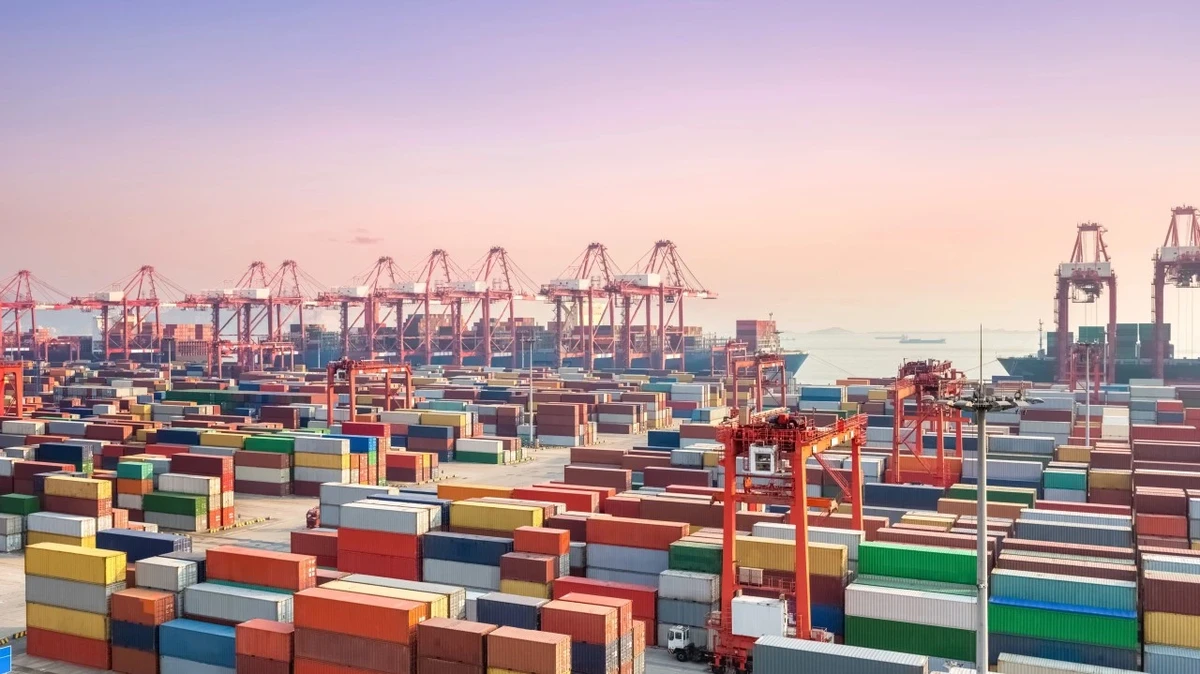Thursday, 13 February 2025
U.S. Protectionism as a Catalyst for Change

In our previous article, we examined the challenges that U.S. protectionism presents for Quebec’s manufacturing sector. However, what may initially seem like a threat could, in reality, become a catalyst for transformation and innovation within our industrial landscape.
With ongoing political uncertainty in the U.S. and the increasing influence of Buy American policies, Quebec manufacturers are under pressure to rethink their strategies. Yet, this external challenge has the potential to accelerate meaningful change, driving the industry toward greater efficiency, adaptability, and global competitiveness.
Let’s explore five key areas where U.S. protectionist measures could actually spur significant improvements:
1. Driving Greater Operational Efficiency
To stay competitive in the face of trade barriers, Quebec manufacturers must refine their production processes, particularly by leveraging Industry 5.0 advancements:
- Accelerating digital transformation and automation to streamline operations.
- Implementing lean manufacturing principles with more precise and efficient processes.
- Minimizing waste and optimizing resource allocation for maximum productivity.
While the extent of productivity gains will vary by company, combining automation with process optimization can lead to substantial performance improvements.
2. Accelerating Strategic Technology Investments
To counter rising costs driven by protectionist policies, manufacturers must prioritize strategic investments in key technologies:
- Adopting Industry 5.0 innovations and artificial intelligence to enhance efficiency.
- Developing more flexible production systems that can quickly adapt to shifting market conditions.
- Optimizing energy and resource consumption to reduce costs and improve sustainability.
These investments are essential for maintaining competitiveness and can yield significant productivity gains in the medium term.
3. Rethinking Supply Chain Strategies
To navigate evolving trade policies, manufacturers must redesign their supply chain strategies by balancing production between Quebec and the U.S. through hybrid production models, which may include:
- Partnering with local subcontractors to maintain agility and reduce dependencies.
- Establishing manufacturing sites in the U.S. to meet local market demands.
- Ensuring compliance with new regulations and local content requirements.
By proactively restructuring supply chains, manufacturers can mitigate risks, strengthen resilience, and maintain market access in an increasingly protectionist environment.
4. Strengthening Workforce Skills
Productivity challenges aren’t just about technology—they also require a skilled workforce capable of adapting to change. To stay competitive, manufacturers must:
- Expand training programs to ensure employees can effectively operate and integrate new technologies.
- Develop expertise in continuous process improvement, fostering a culture of efficiency and innovation.
- Enhance workforce versatility, equipping employees with the skills to adapt to evolving production needs.
5. Strategies for Turning Challenges into Opportunities
To transform these pressures into growth opportunities, manufacturers should:
- Evaluate their digital maturity and progress in Industry 5.0.
- Define clear performance indicators to measure success and track improvements.
- Optimize critical business processes to maximize efficiency.
- Invest in the right technologies that support long-term competitiveness.
- Strengthen partnerships with U.S. stakeholders to maintain market access and navigate trade barriers.
- Develop contingency plans to prepare for different political and economic scenarios.
A More Resilient Future for Quebec’s Manufacturing Sector
While U.S. protectionism presents short-term challenges, it also has the potential to drive long-term transformation and resilience within Quebec’s manufacturing industry.
Companies that embrace change and proactively adapt will emerge stronger, more innovative, and better positioned to succeed in an evolving global economy.
The future of Quebec’s manufacturing sector will be shaped by its ability to turn challenges into opportunities. By investing in modernization and innovation, our manufacturers won’t just withstand protectionist pressures—they will establish themselves as leaders in Industry 5.0.
Related topics
